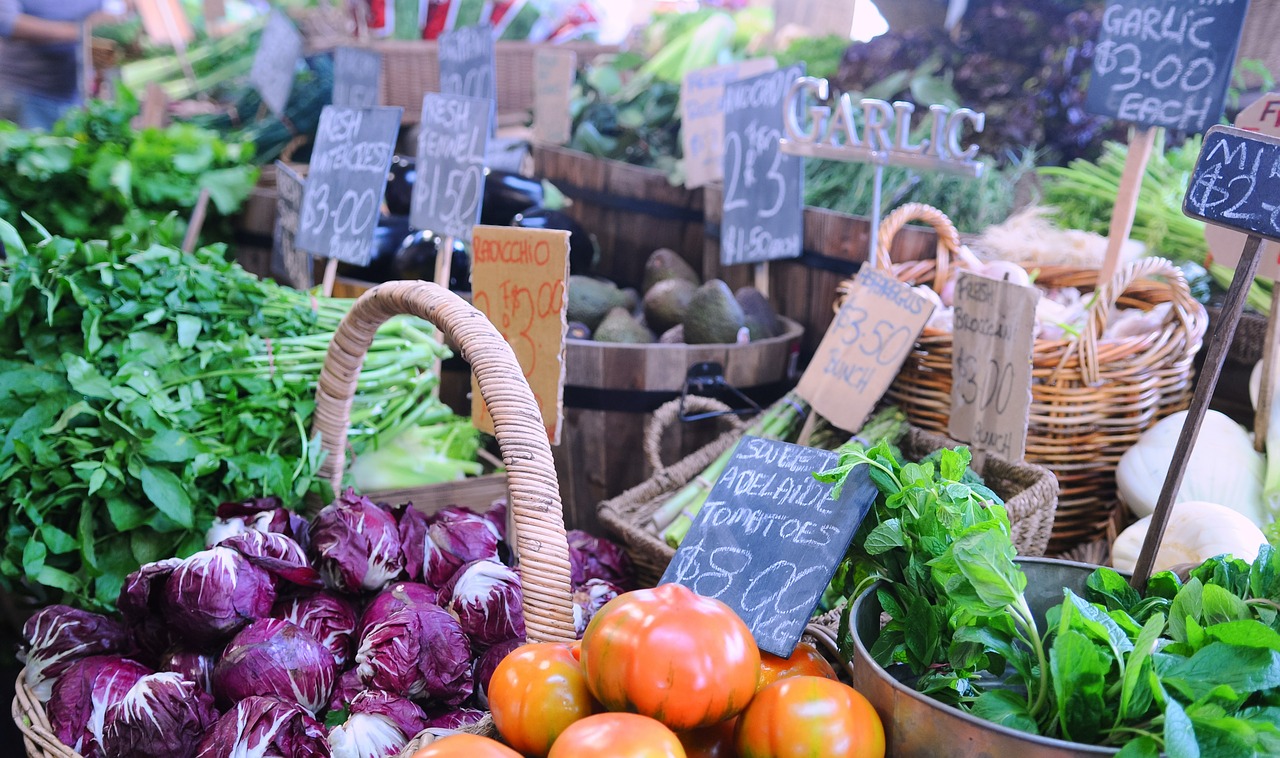
by Lisa Eve | Love
Your Degree Doesn’t Matter to Me
Your degree doesn’t matter to me, especially if you’re an unkind person.
I read a great article titled, “I’m a Harvard Graduate and My Partner Is A High School Dropout.” Gina Florio, an Emory and Harvard graduate, talked about the educational pressures she experienced, while in school and in her romantic life. She says, “I spent two years struggling to make a toxic relationship work with a fellow Harvard grad boyfriend. He was exactly the kind of guy I felt like I should be with…” When she met Myles, a high school dropout, her perspective changed, and so did her life.
Degrees don’t separate us, it’s our belief that they do.
We live in a society that places importance on being better than your neighbor, aka competition. And if you are a competitive person, you will often find ways to belittle others, so you can feel better about yourself. This also applies to our education. Whether you have it or not. Whether you went to a “good” school or not. Whether you graduated or not. And when we meet people, socially, romantically or for work purposes, we often ask, “where did you go to school?”
Education is great to have, and, it can come to you in many different ways. Just getting out of your house can be an education. Traveling will teach you a lot. If you don’t like to fly, drive to the next city, next state, or take a train. There are adult classes offered all over the world, and online too. Take classes that are related to your interests. Does it matter what you learn? Yes, because if you love what you learn, you will teach it to others.
Next time you ask someone where they went to school, check in with yourself and be honest, why are you asking?
Your awareness of this simple little question, may have a big impact.
‘Til next time, thanks for reading and Happy Learning!

by Lisa Eve | Health & Wellness
Why Healthy Food Is Expensive
Have you always wanted to eat healthy and organic, but felt the prices were too expensive? Too expensive to justify eating healthy?
You’re not alone.
When I first began shopping at healthy food stores I was super surprised by the total on my receipt. And even to this day I am often surprised by how much money I spend on organic food.
There are several reasons for this.
While it may be true that it’s a simple explanation of supply and demand, there’s more happening behind the scenes. Just as we are often bombarded with negative news and media, it is much easier to manipulate you by having your health deteriorate from foods that are cheap and easy to consume. The thing is, these foods are not easy on your body, and unfortunately your body has become accustomed to this new way of being, so the cycle continues. And wouldn’t you rather have a fast food meal and be fully satisfied by spending only $5-7, compared to a similar organic meal that could cost $12-18?
However, when you add up your medical/health insurance costs to maintain this way of eating, is it really worth it? There are over-the-counter meds and prescription drugs for everything now, but why would we need all this if we were healthy and the foods we ate were healthy?
There is good news!
Consumer Reports recently did a study comparing prices of Organic and Conventional food, and their findings might surprise you!
According to their study comparing more than 100 products, on average, organic foods were 47 percent more expensive, but in some instances, organic food was cheaper by as much as 13 percent. You can read the whole report here.
Also, a friend recently purchased a lot of organic product from Costco and I was surprised by the amount of organic food Costco supplied! This is great news for everyone, especially since most anyone can have a Costco membership now. And according to this article on Huffington Post, Costco might even be selling more organic product than Whole Foods.
So, if you really wanted to eat healthy, it is possible. Small changes everyday will make all the difference. What can you do today that will help you tomorrow? Research your local groceries for the organic product you would want to buy. Make conscious choices, read labels, and if something doesn’t feel good in your body, leave it!
Here’s to your health!
‘Til next time, thanks for reading & Happy Eating!



Recent Comments